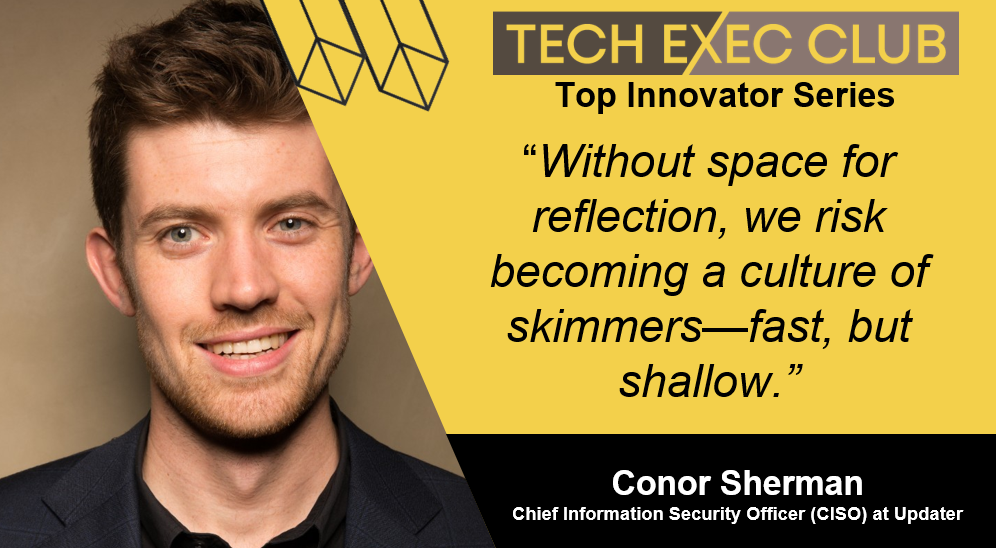Leaders with high egos are at risk of closing themselves off to personal growth, new ideas, and better ways of doing things. When criticized, they’re prone to get defensive. When addressed, they tend to interrupt. High-ego leaders don’t like to ask questions, appear vulnerable, or take ownership when things go wrong. Not only does this make them unlikeable as leaders, but it also makes them ineffective.
Learn from this CTO mistake:
The best leaders are confident without being self-centered. They’re curious, humble, and purpose-driven. They are aware and honest about what they know and don’t know. Adopting this leadership style will help you gain your employees’ trust and your peers’ respect.
Try this: a checklist for taming your ego
1. Be clear about the difference between facts and interpretations. Even though this is basic, we often forget it: facts are what a camera can capture; interpretations are opinions, stories, and perspectives. Each set of facts can lead to an infinite number of interpretations. Opinions, interpretations and feelings are not facts. Your opinion is just one out of many.
2. Resist falling for your own publicity. We all do it: Whether writing a press release or a self-appraisal, we put the best spin on our success and conveniently forget that the reality wasn’t as flawless.
3. Reduce the self-focus. Employees quickly figure out which leaders are dedicated to helping them succeed and which are scrambling for personal success at their expense. Customers do, too.
4. Stop being the creative one. Everyone likes their ideas better than the ideas of others. When you are the creative one, chances are your team has a hard time having their views heard. Let them be creative. You be the coach.
5. Create the context for learning. Have you ever tried teaching someone who thinks they already know? It’s impossible. Acknowledging “I don’t know” is not just a statement of fact. More importantly, it creates the context for learning and growth. Say “I don’t know” more often – at least to yourself.
6. Experience being a novice. Start new activities, including leisure activities, hobbies, etc., where you are a beginner. Notice what it’s like to be with others who are more capable and more knowledgeable. Notice the feeling of accomplishment anew when you strive for mastery – and eventually achieve it.
Leveling up your leadership by putting yourself more at issue. Are you ready to make this a part of your tool box and schedule? Let’s talk and see what’s possible.






